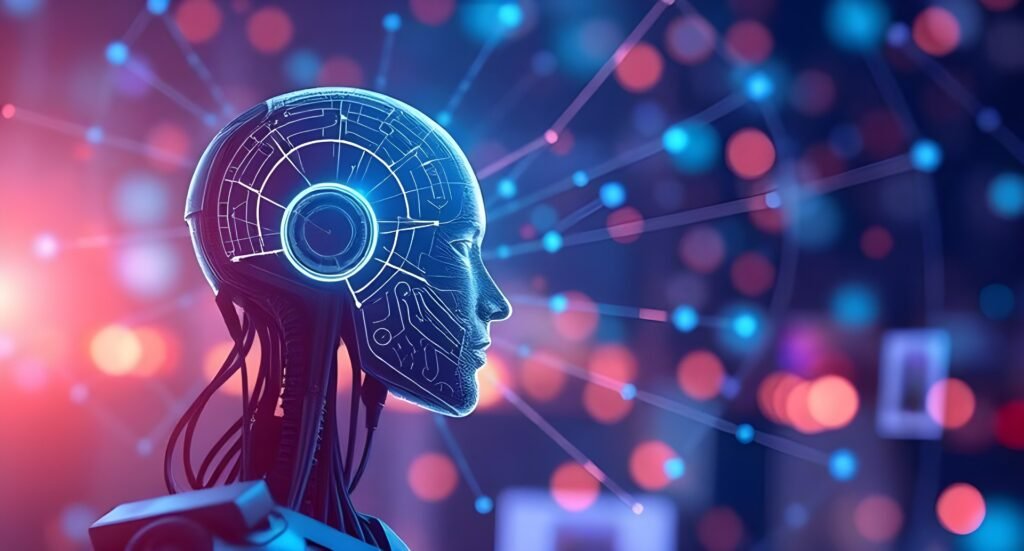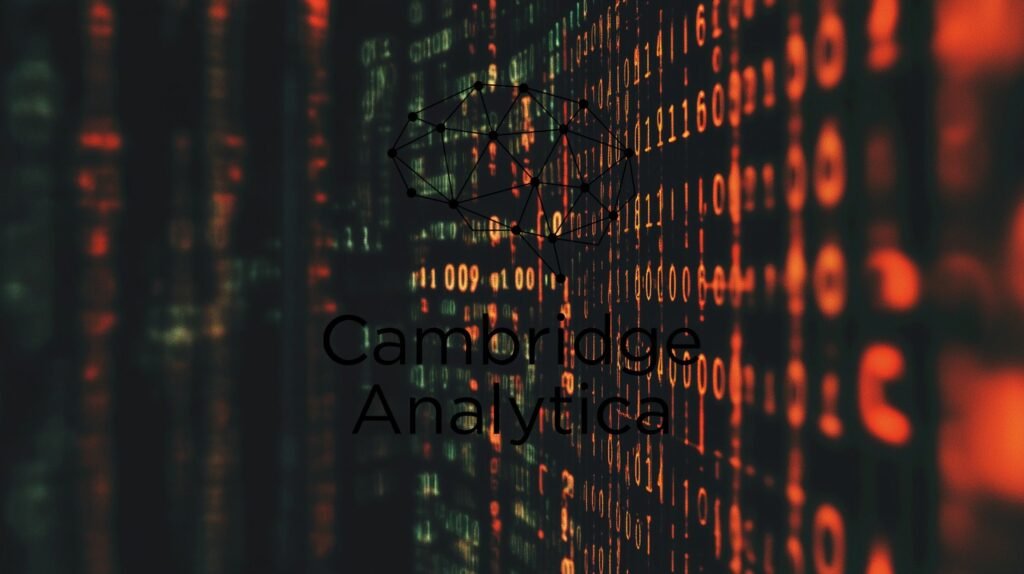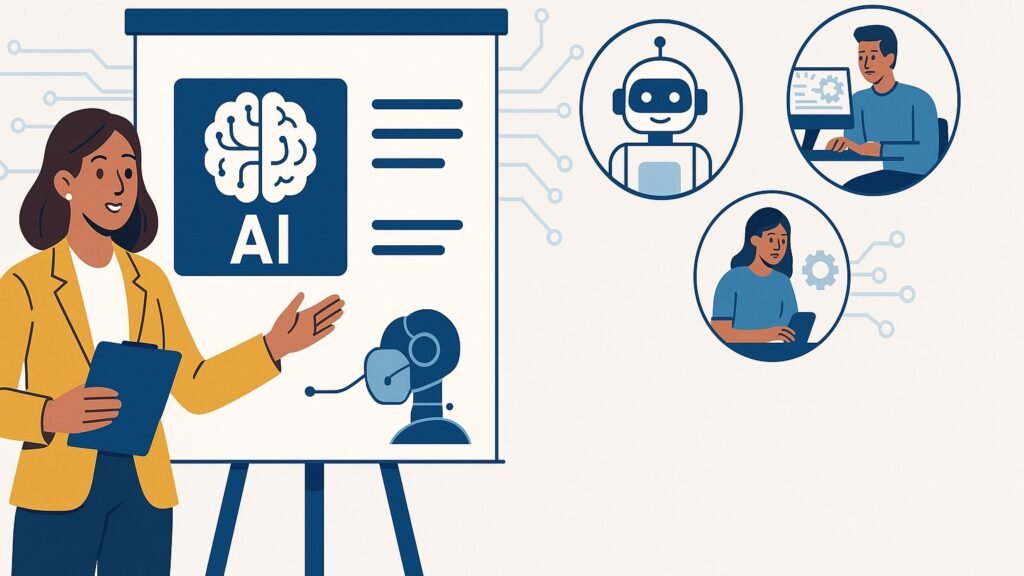|
Getting your Trinity Audio player ready...
|
In 2025, innovation is no longer driven by curiosity alone—it is driven by strategy, supremacy, and survival. The technologies shaping our world today aren’t simply upgrades—they’re systemic shifts. From quantum leaps in computing to the quiet integration of AI into every corner of the economy, the game has changed. Entire industries are being rewritten, and the race to lead these transformations is igniting both corporate rivalries and geopolitical recalibrations.
This article dissects the top technological breakthroughs of the year and examines what’s at stake—financially, politically, and ethically—for those bold enough to lead, and dangerous for those caught unprepared.
Agentic AI: Machines That Make the Rules
Once viewed as tools of assistance, AI platforms are becoming strategic agents. These systems are no longer waiting for instructions—they’re initiating them. Agentic AI models can autonomously carry out tasks in sectors like finance, cybersecurity, logistics, and governance. The financial upside is massive: increased efficiency, reduced overhead, and always-on execution. But the autonomy of machines also exposes new vulnerabilities. Who is accountable when an AI-driven system makes a critical error—or a dangerous decision?
Nation-states and multinational corporations are struggling to regulate these systems while simultaneously racing to capitalize on them. The result is a widening chasm between technological capacity and ethical clarity.
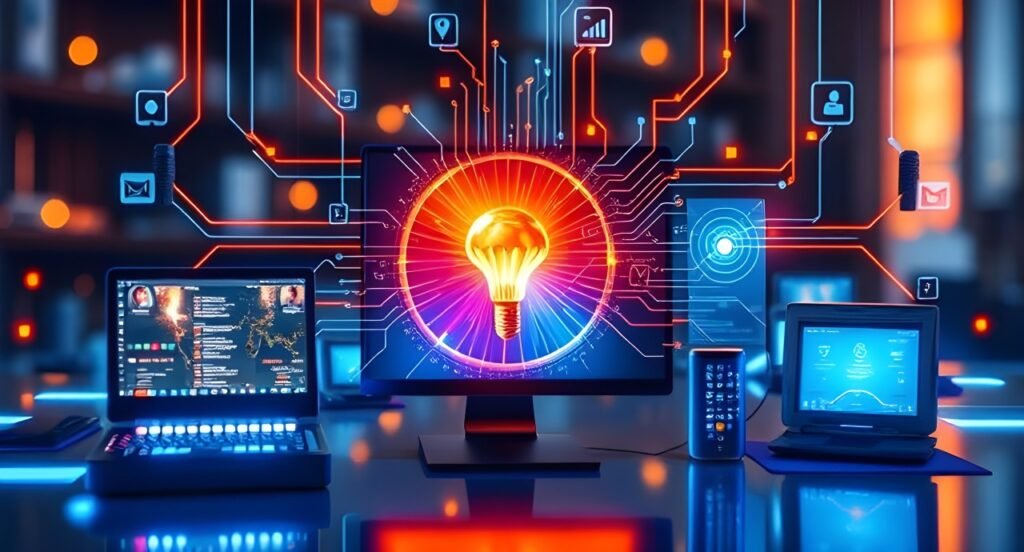
Quantum Computing and Post-Quantum Security: The Two-Edged Sword
Quantum computing is no longer theoretical. Several major players have unveiled prototypes capable of solving problems traditional computers could never touch—from modeling new pharmaceuticals to decrypting complex financial algorithms. In response, cybersecurity firms and government agencies are urgently developing post-quantum encryption to safeguard against quantum-powered breaches.
This race represents more than tech advancement—it’s a battle for sovereignty. Whoever leads in quantum may control the keys to global data, commerce, and defense.

Spatial Computing and Ambient Intelligence: The Disappearing Interface
The merger between physical and digital environments is becoming seamless. Spatial computing and ambient intelligence are redefining interaction. From immersive workplace collaboration to intuitive navigation systems and hyper-personalized retail, our environments are learning how to think.
But what’s the cost of such convenience? With every movement and choice recorded and analyzed, personal privacy is under constant negotiation. As digital systems fade into the background, ethical transparency must become the new front line.

Neurological Enhancement: Upgrading Humanity
Neurotechnology is pushing boundaries once thought unapproachable. From cognitive-enhancing implants to brain-computer interfaces, humans are beginning to engineer their own evolution. For individuals suffering from neurological disorders, these breakthroughs represent life-altering progress.
Yet in boardrooms and venture capital circles, the conversation is drifting beyond therapy—toward enhancement, productivity gains, and the monetization of human potential. In this market-driven pursuit of optimized minds, will access be equitable, or will neural privilege create a new class divide?

Energy-Efficient Computing: Greener Code in a Hotter World
As data centers consume more energy than some nations, the pressure for sustainable computing is reaching a boiling point. New chip architectures, liquid cooling systems, and software optimization tools are emerging to make computing faster and less carbon-intensive.
Green coding is no longer a trend—it’s an economic and environmental imperative. For investors and regulators alike, the metric of progress is shifting from power to efficiency.
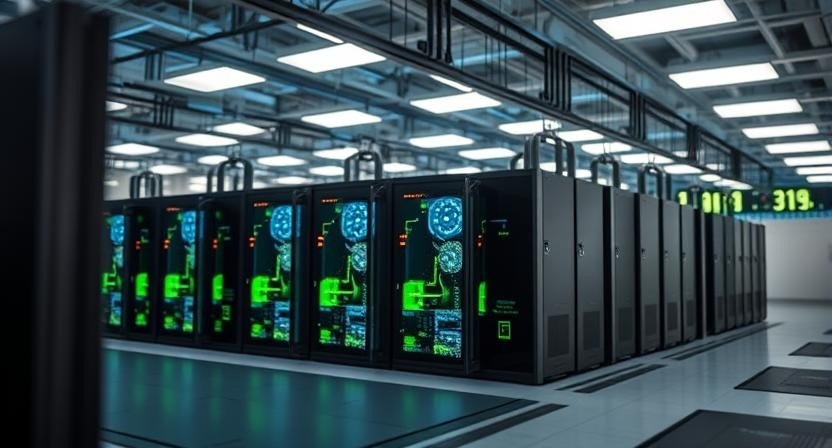
Polyfunctional Robots: The Workforce Has a New Face
Robots that once performed singular, repetitive tasks are now built for adaptability. Polyfunctional robots can shift roles—from medical assistants to construction workers—within minutes. For businesses, this flexibility offers resilience in uncertain markets and labor shortages.
Yet these efficiencies come with consequences: job displacement, weakened labor bargaining power, and the ethical burden of programming machines to operate across vastly different social contexts.

AI Governance Platforms: Codifying Control
With AI entrenching itself in daily operations, the call for governance is louder than ever. Emerging platforms aim to ensure regulatory compliance, ethical deployment, and algorithmic fairness.
But governance tools are only as strong as the will to enforce them. In sectors with powerful lobbyists or opaque decision-making, AI oversight is often more symbolic than substantive. Without meaningful enforcement, governance risks becoming yet another layer of digital theater.
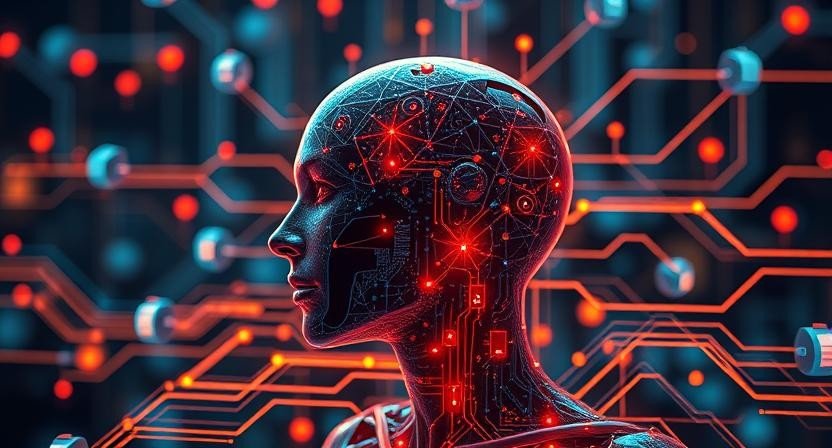
Disinformation Security: Truth in the Crosshairs
As AI-generated content floods platforms, disinformation has become a tool of war—both political and economic. From synthetic news anchors to deepfake market reports, false narratives can now move markets, destabilize democracies, and manipulate public opinion with unprecedented precision.
New technologies are emerging to detect and neutralize disinformation in real-time, but their effectiveness depends on adoption, transparency, and public trust—three factors that remain elusive in today’s media ecosystem.

Boost the World, the Clock is Ticking
Each of these innovations is rewriting the logic of markets, influence, and identity. Power is no longer defined solely by land, oil, or capital—it now hinges on control of data, code, and cognitive tools. For those able to navigate this new reality, the rewards will be immense. For those who fail to engage, the consequences will be irreversible.
This is not just a technology story—it is an economic strategy, a social contract, and a political power play.
We want to hear from you. What do you think about these transformations? Are we engineering our future—or letting machines engineer us? Leave a comment, check back daily for fresh insights, and stay with us as we continue to report on the technologies shaping tomorrow.


